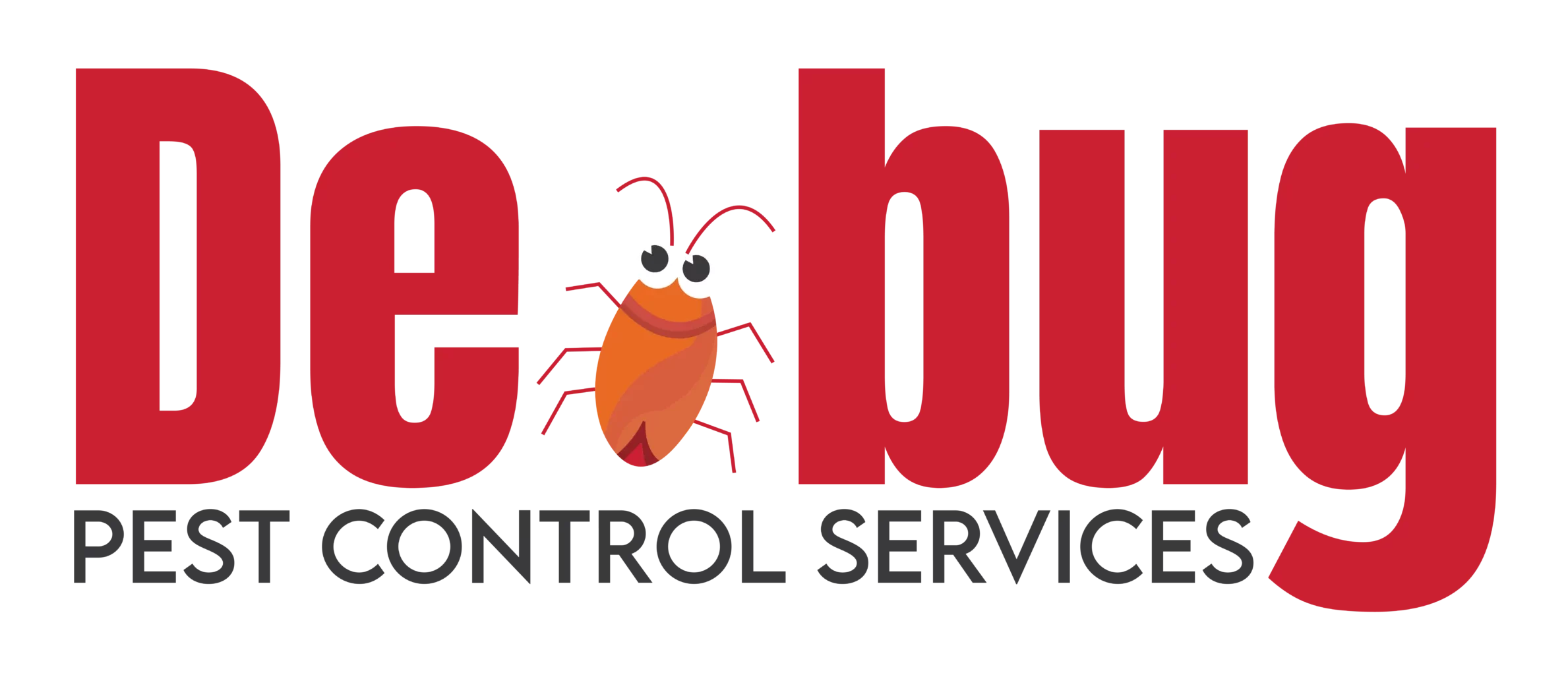Debug Pest Control Services
Vessel Pest Control and Sanitization Services (Rodents, Cockroaches & Mosquitos)
Vessel pest control is extremely important, as pests are major carriers of a variety of dangerous diseases. The Prevention and Control of Disease Ordinance requires all ships plying on international voyages to submit a Ship Sanitation Certificate. These documents must be produced every six months and are required at each port where the ship is inspected for sanitization services.
Therefore, it is important to devise new methods and strategies for effective control of pests on shipping vessels by implementing disinfection and sanitization services.
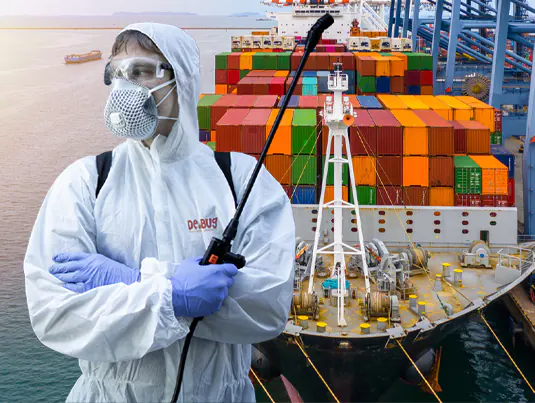
Some of the common pests that are commonly found in shipping vessels are as follows:
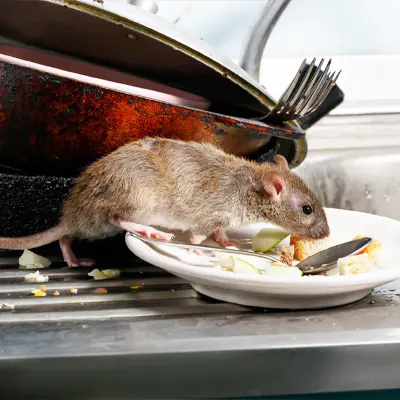
Rodents
Here, rats and mice can transmit many diseases such as Bubonic plague Hantavirus and Wil’s disease. Additionally, they can transmit certain types of food poisoning, such as salmonella, which is why control measures include trapping, poisoning, and fumigating the ship.
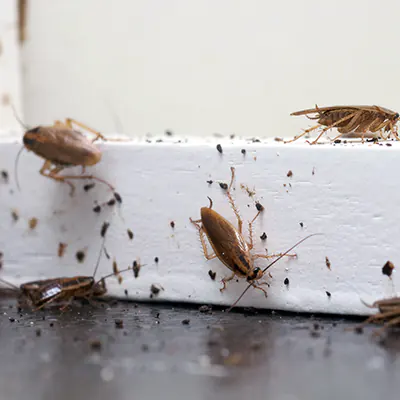
Cockroaches
In ship vessels, cockroaches are known to spread diseases via their droppings and bodies, making them a health hazard. Thus, shipping pest control is a need in the industry.
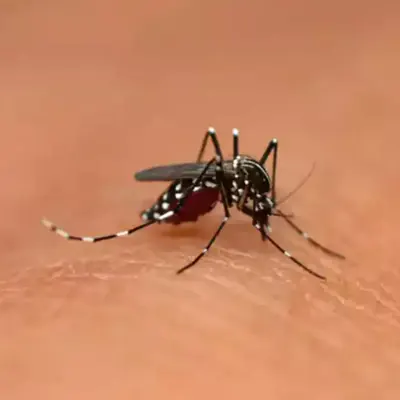
Mosquitos
Mosquitoes are pathogens and parasites that spread serious diseases such as dengue fever, yellow fever, and malaria. Control measures include insecticides and trapping.
PREVENTIVE MEASURES
Controlling the spread of pests and insects through inspections. As a result, operational delays and costly disinfection can be avoided.
Some of the important measures taken are as follows:
- Binoculars must be used to inspect elevated areas.
- Usage of the extendable mirror to check unreachable places
- Knife to scrape egg masses
- Usage of Flashlight
- Usage of pest spray to disinfect areas after removal of insects and egg masses
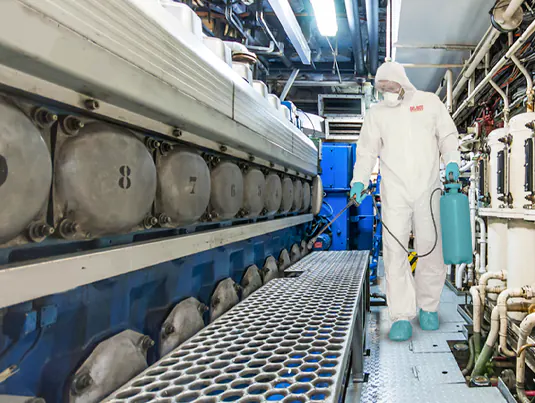
The person conducting the self-inspection must focus on areas exposed to light, such as deck edges, safety rails, support cables, air vents, and smokestacks. Instead of throwing them onboard, it is very important to dispose of them safely when detecting egg masses.
As a safe disposal method, egg masses are usually placed in alcohol or boiled/frozen. Also, egg masses can be burned, which is a safe and efficient way to dispose of them.
DPCS offers the best solution for sanitization services, vessel pest control and shipping pest control.
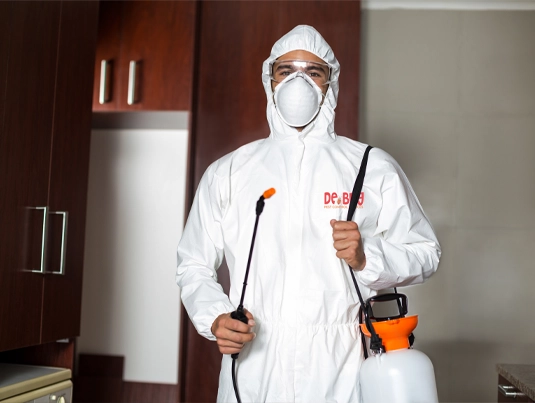
Appointments
Pests bugging you? Contact the best Vessel Pest Control in the United Arab Emirates.
Please fill in the contact form from the below link and one of our customer service executives will get back to you as soon as possible. It’s our pleasure to help you get rid of your pest problems. Live stress-free, pest-free. We provide services all across the UAE with offices in Abu Dhabi, Dubai, and Sharjah.
